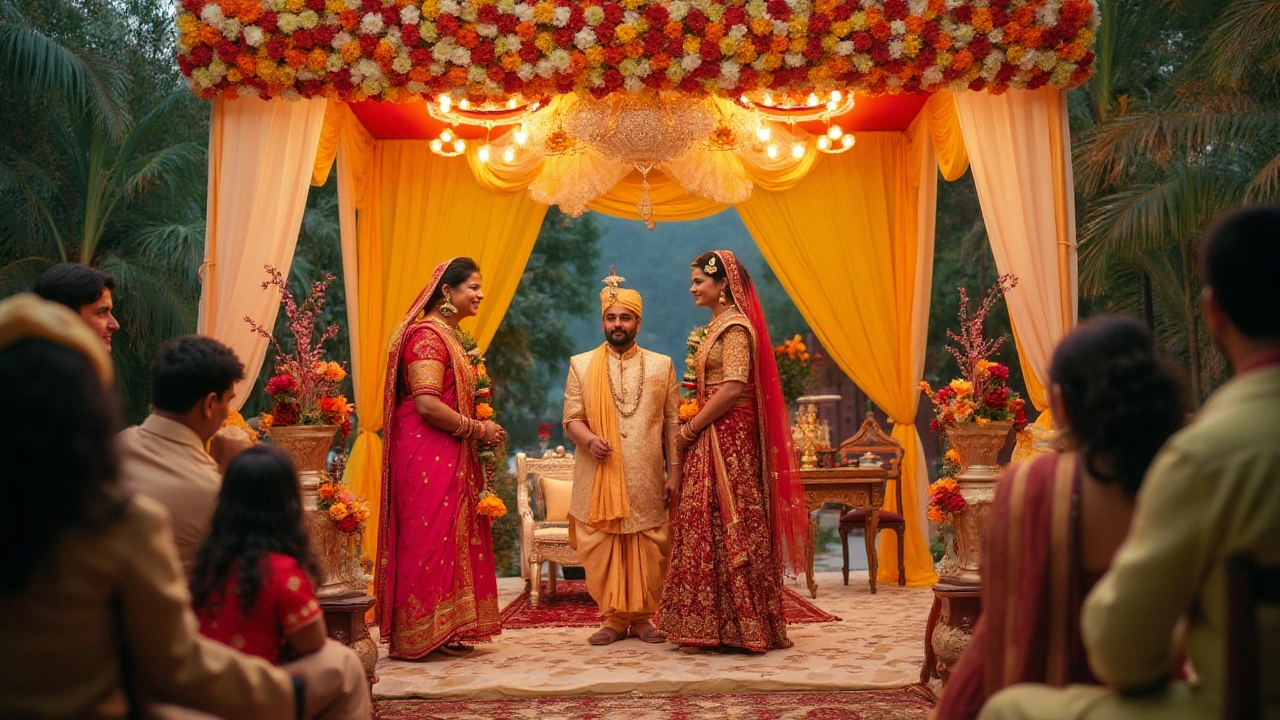Getting Married in India – What You Need to Know
Thinking about tying the knot? In India the legal side is pretty straightforward once you know the basics. You don’t need a law degree, just the right forms and a few clear steps. Below we break down the must‑do items, common roadblocks, and quick tips to keep the process smooth.
Key Legal Requirements
First, check the age rule. The legal age is 21 for men and 18 for women. If either partner is younger, you’ll need a court order, which can take time.
Next, make sure you’re not in a prohibited relationship. Indian law bans marriages between close relatives such as siblings, parents, and certain cousins, depending on your community’s customs.
Choose the right marriage act. Most Indian couples register under the Hindu Marriage Act, the Special Marriage Act (for inter‑faith or civil ceremonies), or the Muslim Personal Law. The act you pick decides the paperwork you’ll fill out.
Step‑by‑Step Registration Process
1. Gather Documents – You’ll need birth certificates (or school certificates showing age), passport‑size photos, address proof (like Aadhar or utility bill), and a certificate of unmarried status (a simple affidavit works).
2. Fill the Application – Visit the local marriage registrar office or use the online portal in many states. The form asks for basic details, parents’ names, and the intended date of marriage.
3. Pay the Fee – Fees vary by state but are usually modest (around ₹500‑₹1500). Keep the receipt; you’ll need it later.
4. Witnesses – Two witnesses over 18 must sign the application. They should bring ID proof too.
5. Schedule the Ceremony – After the registrar reviews the form, they give a date for the legal ceremony. Some states allow same‑day registration if all docs are in order.
6. Marriage Certificate – Once the ceremony is done, the registrar issues the official marriage certificate. This document is crucial for tax benefits, visa applications, and changing your name.
Practical Tips & Common Mistakes
Start early. Collecting documents can take weeks, especially if you need a birth certificate from a rural area.
Double‑check names. The names on all forms must match your IDs exactly. A tiny typo can delay the whole process.
Know the waiting period. Under the Special Marriage Act there’s a 30‑day notice period before the ceremony. Use that time to confirm all details.
Ask for a duplicate certificate. It’s cheap to get an extra copy now, and you’ll thank yourself if you lose the first one later.
Consider a lawyer. You don’t need one for a simple registration, but if you have a complex situation (like a prior marriage or inter‑faith issues) a quick consult can save headaches.
Overall, getting married in India is more about ticking boxes than navigating a maze. Keep the checklist handy, stay organized, and enjoy the celebration. Congratulations on your upcoming wedding – the legal side is now taken care of, so you can focus on the fun stuff!

How US Citizens Can Successfully Get Married in India
Exploring the possibility of US citizens getting married in India involves understanding a blend of romantic and legal aspects. This guide delves into the steps required for marriage registration in India, including necessary legal documentation and cultural considerations. With the country's rich traditions and vibrant ceremonies, India offers a unique setting for tying the knot. From understanding the Special Marriage Act to tips on cultural sensitivity, this article provides valuable insights for those planning an international marriage.